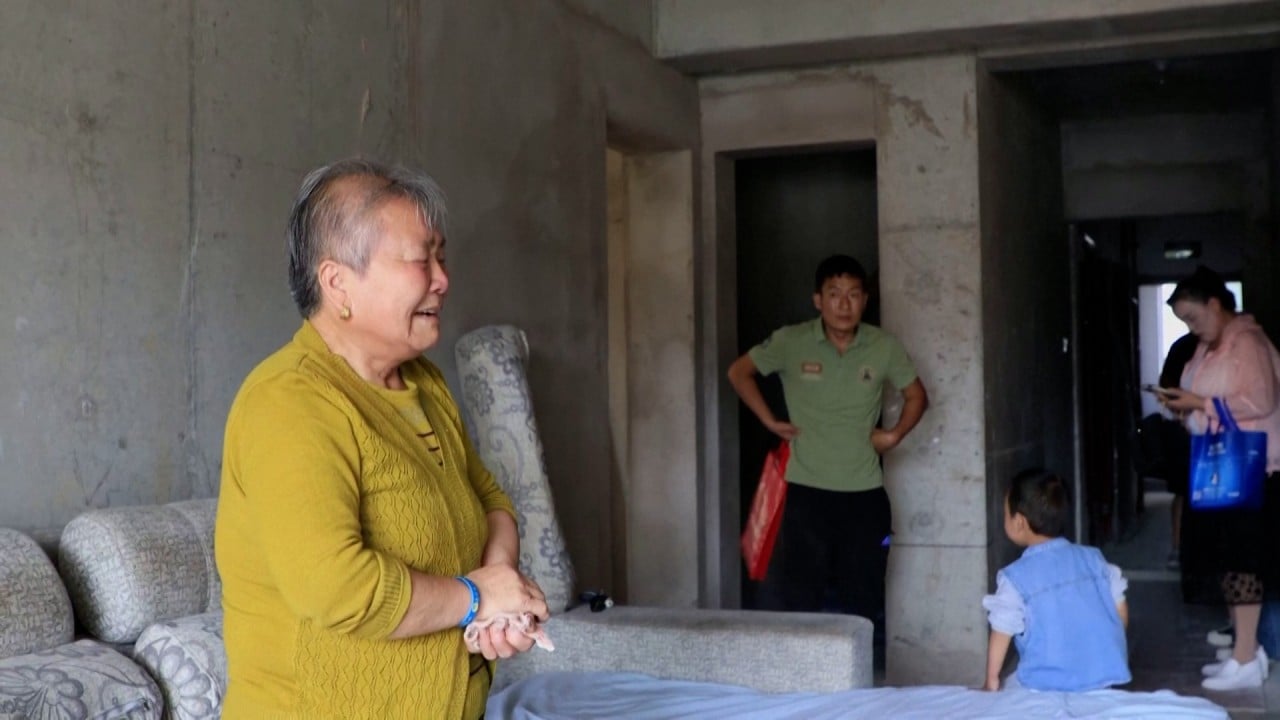China property: government buying of unsold homes lifts sentiment but is no cure-all for market doldrums, analysts say
- Developer stocks rose on Thursday after authorities in Hangzhou announced plans to buy some unsold homes
- Analysts and economists remain cautious about the scope of such aid, and whether it is the best way to rescue the market

Sentiment in China’s property market rose on expectations that the government will step in to soak up unsold inventory, after plans for Hangzhou to do so came to light. However, analysts and economists remain cautious about the scope of such aid – and whether it is the best way to rescue the market.
Shares of CIFI Holdings jumped 29 per cent to HK$0.49 on Thursday, the biggest increase in almost six months, while peer China Vanke rose 16 per cent to HK$5.73, extending its gain to 24 per cent this month. The Hang Seng Mainland Properties Index, a gauge tracking 10 home builders listed in Hong Kong, advanced 4.9 per cent.
That is a drop in the ocean nationwide, however, as unsold homes stood at 330 million square metres in 2023, the most since 2016, official data showed. Unbuilt or delayed pre-sold homes numbered 20 million across the country in 2022, with 3.2 trillion yuan (US$443 billion) needed for their completion, according to Japanese investment bank Nomura.
Just two weeks ago, the Politburo, the top decision-making body of China’s ruling Community Party, said it was assessing comprehensive measures to reduce housing inventory and boost sales.
Hangzhou’s buying plan is viewed as a strong signal that Beijing is aware of excess inventory and will offer more stimulus policies. But some analysts and economists expressed concerns about funding for such schemes while noting that restoring the confidence of Chinese homebuyers will be difficult.

